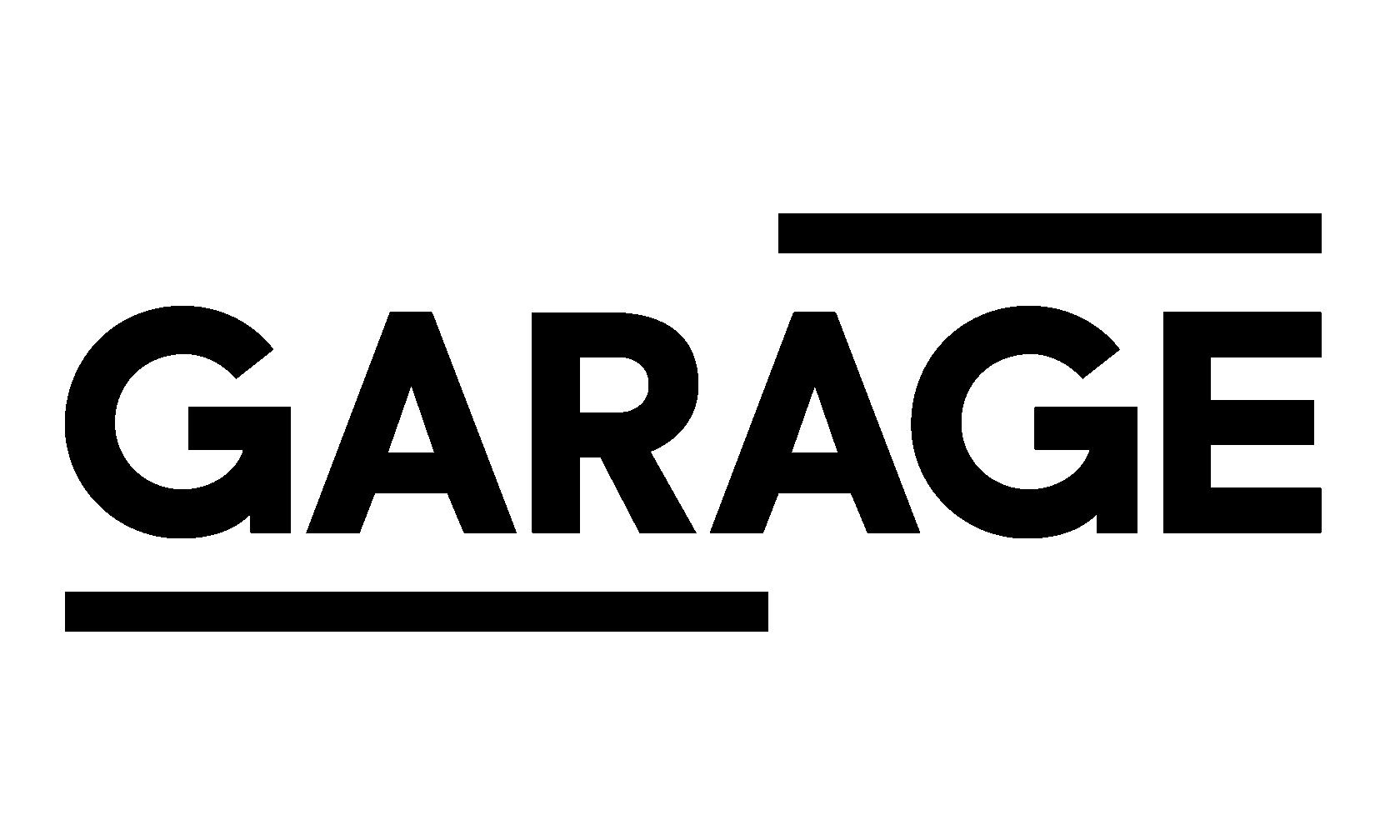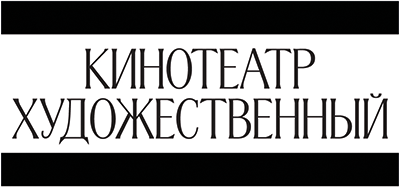ILLUZION CINEMA
Moscow, Kotelnicheskaya embankment, 1/15
Metro station: Taganskaya, Kitay-gorod
illuzion@gff-rf.ru
+7 495 915-43-53, +7 495 915-43-39
Metro station: Taganskaya, Kitay-gorod
illuzion@gff-rf.ru
+7 495 915-43-53, +7 495 915-43-39
PROGRAM
The tasks of film archives are quite diverse. They are charged with not only collecting, not only identifying, not only storing, not only restoring, but also recovering films, giving them new life.
A festival of archival films is a natural event that allows a film to experience a “rebirth”. There are many such festivals in the world. The festival of archival films of the Gosfilmofond of Russia is one of the youngest, although it has existed for almost a quarter of a century.
Read more
A festival of archival films is a natural event that allows a film to experience a “rebirth”. There are many such festivals in the world. The festival of archival films of the Gosfilmofond of Russia is one of the youngest, although it has existed for almost a quarter of a century.
Read more
The heroes of the cycle of Soviet youth films of the 1950s–70s were those whom the critics accused of “infantilism” — that is, of the unwillingness to grow up. They clash with fathers and classmates, drop out of school, go through a lot of jobs, treat the assigned tasks irresponsibly, commit ridiculous acts because of love (most often unrequited), they are constantlly eager to leave and go somewhere far far away. Meanwhile, the stages of growing up in the Soviet system are clearly spelled out and prescribed. This is no less than the prescribed route of life. Strict adherence to the schedule — after finishing school, to take one’s place at a machine tool or in a military formation, to sit at the steering wheel of a tractor, constantly increasing one’s performance, thereby gaining the respect and recognition of the collective - is evidence of full social maturation. It is no coincidence that the certificate of secondary education in the late Stalin era was again, as in the Russian Empire, called the “Certificate of Maturity”. It is certified by that same collective. Taking different forms (family, school, work), it is the collective that takes on the educational function.
Read more
Read more
The first screen adaptation of Dostoevsky was the film “Crime and Punishment” by Vasily Goncharov, made in 1909 and considered lost. In total, more than 150 films and TV films based on his works have been released internationally over the course of time.
Dostoevsky’s novels happened to resonate with many trends in world cinema: from German Expressionism to the French New Wave and Italian neorealism.
For Expressionists, Dostoevsky is primarily a writer of pain and screaming.
Read more
Dostoevsky’s novels happened to resonate with many trends in world cinema: from German Expressionism to the French New Wave and Italian neorealism.
For Expressionists, Dostoevsky is primarily a writer of pain and screaming.
Read more
THE PROGRAM WAS MADE IN PARTNERSHIP WITH THE AUSTRIAN CULTURAL FORUM. GOSFILMOFOND WOULD LIKE TO SINCERELY THANK OUR COLLEAGUES FOR THEIR HELP AND PARTICIPATION.
In Europe after the First World War, there was a sense of the end of times. The category of the future seemed to have ceased to exist. The era between the two wars was perceived not as a time of peace, but as a time of ceasefire. “With what merciful suddenness the last war broke out when compared with the painful approach of the one that is inevitably coming now!”.
Cinema reflected a painful foreboding, and at the same time prepareed the way for escape into an abstract illusion.
Read more
In Europe after the First World War, there was a sense of the end of times. The category of the future seemed to have ceased to exist. The era between the two wars was perceived not as a time of peace, but as a time of ceasefire. “With what merciful suddenness the last war broke out when compared with the painful approach of the one that is inevitably coming now!”.
Cinema reflected a painful foreboding, and at the same time prepareed the way for escape into an abstract illusion.
Read more
This program is dedicated to cinema’s self-reflection. Cinema is the only form of art that completely depends on technology, that is why part of the program will be devoted to the history of the evolution of film cameras — machines that reproduce life - as well as to the chronicle of filmmaking (behind-the-scenes footage and screen tests).
Read more
Read more
Returning classic masterpieces to the big screens is a bright trend of the last decade. In 2021 alone, more than two dozen films, both foreign and domestic, restored in a new quality, became available to viewers. Screenings of the films “July Rain” by Marlen Khutsiev, “Come and See” by Elem Klimov, “Courier” by Karen Shakhnazarov, “Beware of the Car” by Eldar Ryazanov gathered full houses in “Illusion”.
Read more
Read more
The conference “Archival Cinema. Ethics of Restoration and Reconstruction”, as well as the presentation of the magazine “Kinema” and screening of films by Elizaveta Svilova.
Read more
Read more
THE GARAGE MUSEUM OF CONTEMPORARY ART
Moscow, Krymsky Val Street,
house 9, building 32, Gorky Park
Metro station: Park kultury, Oktyabrskaya
welcome@garagemca.org
+7 495 645 05 20
house 9, building 32, Gorky Park
Metro station: Park kultury, Oktyabrskaya
welcome@garagemca.org
+7 495 645 05 20
PROGRAM
The program has been prepared with the support of Institut français de Russie to coincide with the director’s 90th birthday.
Read more
Read more
THE DOCUMENTARY FILM CENTER
Moscow, Zubovsky Boulevard, 2, building 7
Metro station: Park Kultury
info@cdkino.ru
+7 495 637-79-19
Metro station: Park Kultury
info@cdkino.ru
+7 495 637-79-19
PROGRAM
The program was made in cooperation with the State Russian Institute of Cinematography (VGIK) and the Russian State Archive of Film and Photo Documents (RGAKFD) for the 100th anniversary of the director's birth.
In 1939, Semyon Raitburt was enrolled in VGIK in the workshop of Lev Kuleshov and Sergey Eisenstein. Kuleshov taught classes in practical directing, in the student parlance - "mastery [of filmmaking]". Eisenstein taught the theory of directing and still seemed to Raitburt a superior giant of film thinking, “an extraordinary polymath, an excellent analyst, a skeptic, and a cynic - in the good sense of the word”.
Read more
In 1939, Semyon Raitburt was enrolled in VGIK in the workshop of Lev Kuleshov and Sergey Eisenstein. Kuleshov taught classes in practical directing, in the student parlance - "mastery [of filmmaking]". Eisenstein taught the theory of directing and still seemed to Raitburt a superior giant of film thinking, “an extraordinary polymath, an excellent analyst, a skeptic, and a cynic - in the good sense of the word”.
Read more
KHUDOZHESTVENNY (ART) CINEMA
Moscow, Arbatskaya Square, 14, building 1
Metro station: Arbatskaya
Info@cinema1909.ru
+7 800 234 19 09
Metro station: Arbatskaya
Info@cinema1909.ru
+7 800 234 19 09
PROGRAM
The Khudozhestvenny (Art) film theater presented its first film show in 1909. After analyzing film distribution in pre-revolutionary Russia and researching collections of early films from the Russian State Archive of Film and Photo Documents (RGAKFD) and the Gosfilmofond of Russia (Russian State Film Fund), we have compiled a program that reconstructs a 1909 film screening.
Read more
Read more
MOSKINO СOSMOS CINEMA
Moscow, Mira Avenue, 109
Metro station: VDNKH
(exit to the Zvyozdny Boulevard)
info@mos-kino.ru
+7 495 687-46-69
Metro station: VDNKH
(exit to the Zvyozdny Boulevard)
info@mos-kino.ru
+7 495 687-46-69
PROGRAM
The program was made in cooperation with Moskino Сosmos.
A 70 mm film screening is quite an event nowadays. It is because of the lack of film theaters that have the necessary equipment and the limited number of positive 70 mm copies available for viewing. The Gosfilmofond retains about 260 of them - not that many for the technology that existed from the late 1950s to the early 1990s. There are even fewer film theaters in which one can show a widescreen film. In Moscow, these are the Cosmos film theater and the screening room of the Scientific Research Film and Photo Institute (NIKFI).
Read more
A 70 mm film screening is quite an event nowadays. It is because of the lack of film theaters that have the necessary equipment and the limited number of positive 70 mm copies available for viewing. The Gosfilmofond retains about 260 of them - not that many for the technology that existed from the late 1950s to the early 1990s. There are even fewer film theaters in which one can show a widescreen film. In Moscow, these are the Cosmos film theater and the screening room of the Scientific Research Film and Photo Institute (NIKFI).
Read more






